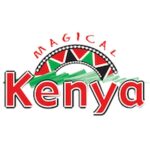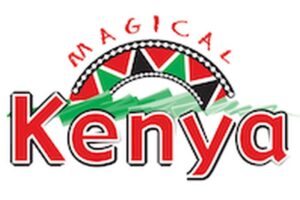The 2020/2021 budget barely differs with its predecessor as the total spend rounds off to Ksh, 2.73 trillion from Ksh.2.78 trillion last year.
The budget, otherwise summarized as total expenditure and net lending includes Ksh.Ksh.1.8 trillion as ministerial expenditures while Ksh.549.7 billion account for development expenditures to the respective ministries and state departments (MDAs).
Counties are expected to receive a combined Ksh.369.9 billion including a paltry Ksh.316.5 billion as the equitable share from the national government with the balance being topped by conditional allocations, grants & loans.
Parliament is set to receive a share of Ksh.37.8 billion while the Judiciary settles for Ksh.18.1 billion kitty in the fiscal year commencing July 1.
Debt servicing is expected to gobble up a widened slice of the national cake with the government payment account- the consolidated fund services (CFS) standing in excess of Ksh.1 trillion for the first time in the country’s history.
Debt redemption and interest payments stand at a total of Ksh.904.7 billion with the balance on the first charge account going into pension payments and salaries to Constitutional offices.
The recently announced Ksh.53.7 billion economic stimulus package (ESP) is included in the expenditure plans along with Ksh.127.3 billion as allocations to the drivers and enablers of the big four agenda.
The multi-trillion shillings budget is once again expected to leverage greatly on new borrowing as domestic revenue mobilisation is seen falling shy of the mark.
Treasury projects total revenues to wound up at Ksh.1.87 trillion shillings to include Ksh.1.62 trillion in tax revenues, Ksh.249.1 billion as ministerial appropriations in aid (A-i-A) and Ksh.36.1 billion as grants.
The shortfall in revenues leaves a Ksh.823.2 billion financing hole to be filled by a combination of both domestic and external financing.
The domestic debt market is expected to fill in a partly Ksh.486.2 billion in the hole with the balance being financed externally.
The National Treasury will once again call on multi-lateral lenders and bilateral lenders as it lines up Ksh.152 billion in program loans including another potential Ksh.150 billion inflow from the World Bank Development Policy Operations (DPO).
Project and concessional loans are meanwhile expected at Ksh.241.6 billion and Ksh.124.1 billion respectively with Treasury aiming for a minimal Ksh.6.2 billion in external commercial loans in line with its aim for cheap external debt


















